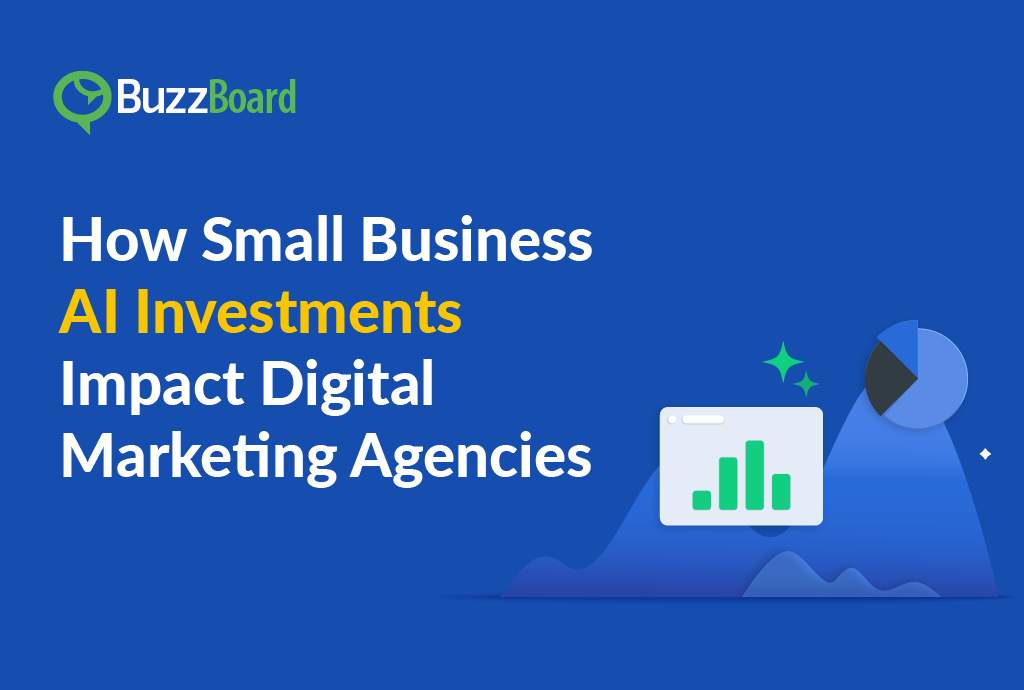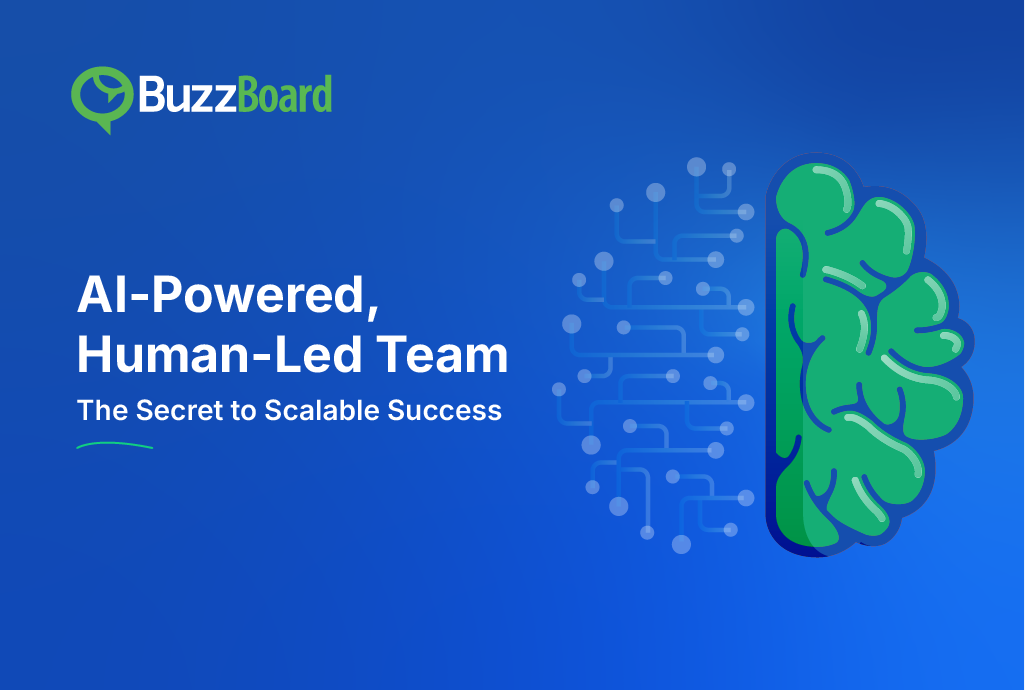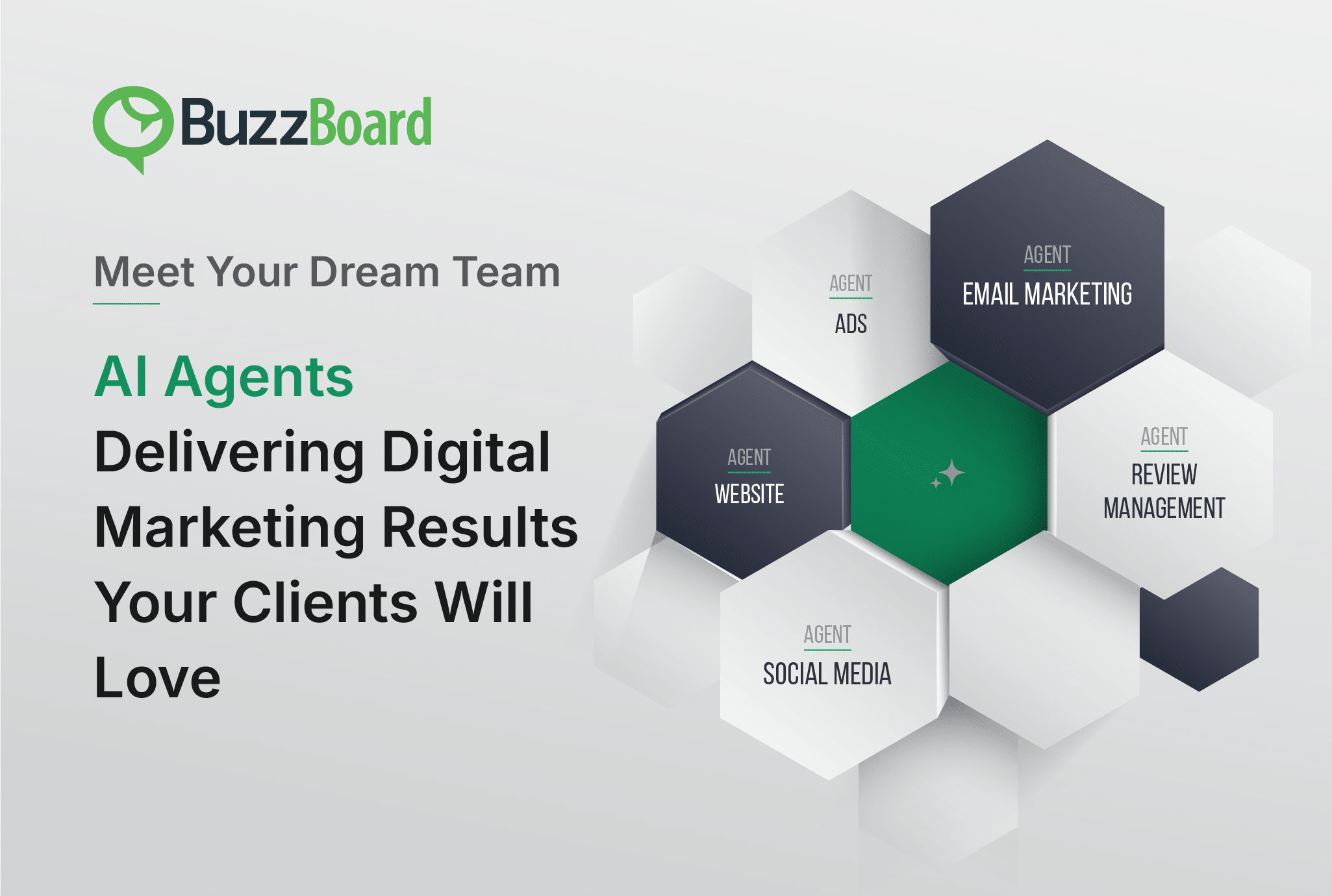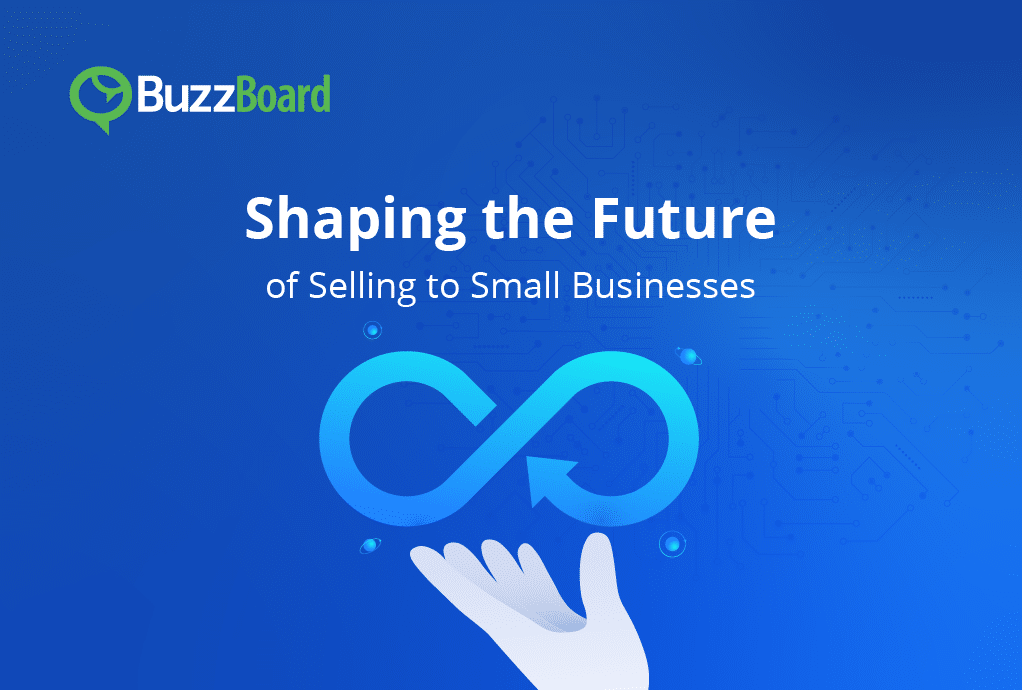In 2024, US small businesses find themselves at the crossroads of challenges and opportunities. While COVID-19 and other global events have presented significant challenges, small businesses have also recognized emerging opportunities, especially in leveraging AI (artificial intelligence) technologies.
As we move further into the 2020s, investments in AI are expected to skyrocket among these small businesses seeking to remain competitive and capitalize on new capabilities. A recent survey by Slack tells us that 50% of small business owners are allocating budgets for technology and infrastructure-related investments, and a majority of them choose AI as their preferred technology.
But what does this mean for digital marketing agencies catering to this small business segment? Clearly, they will need to adapt and leverage AI to remain competitive. While AI adoption has its obstacles, it also creates significant opportunities for nimble agencies to differentiate themselves and provide more strategic value to small business clients. Today we emphasize this shifting dynamics to analyze emerging tech trends and opportunities, which are going to define the future relationships between digital agencies and small businesses, recognizing the transformational potential of AI.
2024 Is the Breakout Year for Small Businesses: AI Tech Trends and Opportunities
Several key factors indicate that small businesses are poised to lead AI adoption in the coming years. The costs of AI systems have dropped dramatically, making the technology accessible even with limited budgets. Cloud computing has also enabled access to AI without large upfront infrastructure investments. At the same time, the pandemic has accelerated digital transformation, and many small businesses recognize that AI can optimize operations, improve customer experiences, and unlock new revenue streams. The rapid pace of AI innovation also means small firms can implement advanced systems that were once only available to tech giants.
“More than a third of small business owners (35%) are excited to implement new technology or update technology for their business in 2024—and of those, 49% are planning to implement new productivity and collaboration tools, as well as other software tools (53%)—reflecting a clear inclination toward maximizing efficiency with limited resources.” (Slack)
Below are some of the AI tools/trends that can elevate operations, uncover insights, and improve experiences for small businesses:
- Chatbots: AI-powered chatbots are gaining popularity for automating customer service and sales interactions. Chatbots provide 24/7 availability and can handle routine queries, freeing up human agents for more complex issues.
- Predictive Analytics: A portion of small businesses are utilizing AI algorithms to uncover insights from data and make more accurate forecasts. This supports data-driven decision-making in areas like demand planning, inventory management, and financial analysis.
- Personalized Experiences: AI algorithms can analyze customer data and behaviors to deliver tailored recommendations and custom content. This creates more relevant, engaging experiences.
- Recommendation Engines: Powered by machine learning, recommendation engines leverage data to suggest relevant products or content to website visitors and to further sales conversations. This personalization helps convert visitors into customers.
- Intelligent Search: AI is improving search capabilities on websites and internal knowledge bases, providing users with more relevant results and recommendations. This improves self-service options.
- Virtual Assistants: Intelligent virtual assistants are being integrated into customer service, HR, and internal help desk functions to handle frequent administrative tasks.
- Fraud Detection: AI pattern recognition is enabling real-time fraud detection in small business finance and accounting processes before issues escalate.
But here is a catch! In fact, there are more than one. AI integration could be complicated and demanding. It not only requires in-house expertise to realize and utilize its full potential but also calls for data readiness that many small businesses lack. So, no matter how well small businesses tap into automated tools for search optimization, social media management, customer analytics, etc., most small firms will still lack the in-house expertise to optimize AI systems and extract strategic advantage. And this is where digital agencies can evolve their service mix to provide high-level consulting and focus more on core business growth.
Opportunity or Threat: How Marketing Agencies Can Translate the AI Investment Acceleration by Small Businesses into Profitability?
While AI adoption by small businesses could render some conventional digital marketing services less essential, forward-thinking agencies can utilize AI to transform themselves into true growth partners. As a marketer or agency owner selling to small businesses, you can consider the following suggestions:
- Reskill your team on AI technologies to establish expertise and become an invaluable AI resource for small business clients.
- Offer more mature and higher-yielding marketing services to these AI-savvy small and local businesses, which would be the right blend of AI intuition and human wisdom.
- Ensure these core marketing strategies and services include more personalized campaigns that help small firms realize the true potential of their AI setup.
- Enable competitive differentiation with improved analytics, creativity, efficiency, and agility powered by AI.
- Provide strategic consulting to help small businesses fully leverage insights from their AI tools and technologies.
The outlook is bright for forward-thinking small businesses as well as agencies that lean into emerging opportunities. With the right talent, technology integration, and more tactful strategies, marketing agencies can solidify themselves as indispensable AI-enabled partners to small business clients. This means future-ready agencies can provide unmatched value and access new revenue streams in a small business market poised for AI growth. By seizing this moment, marketers and agencies can drive their own transformation and play a key role in accelerating small business success.








